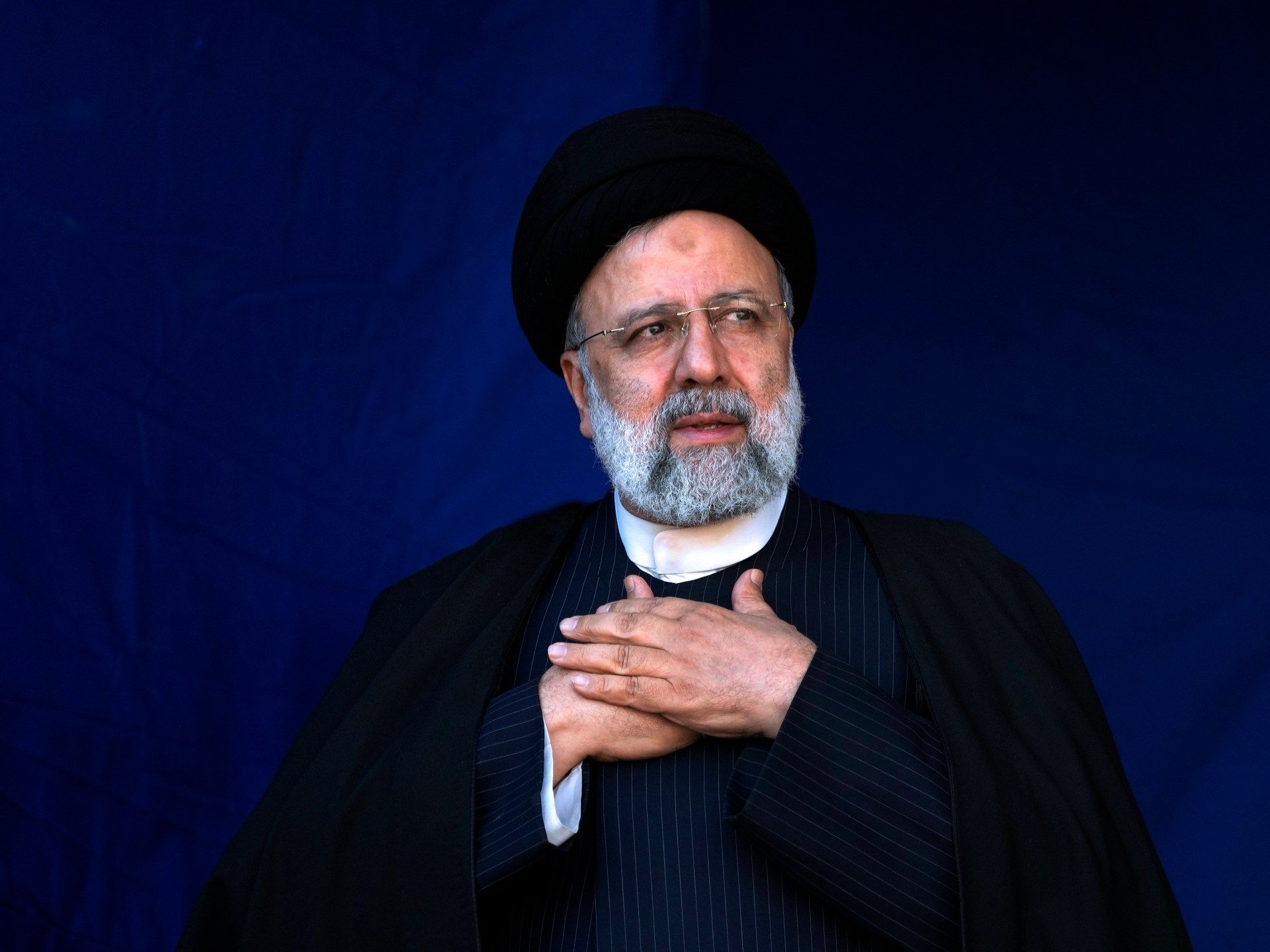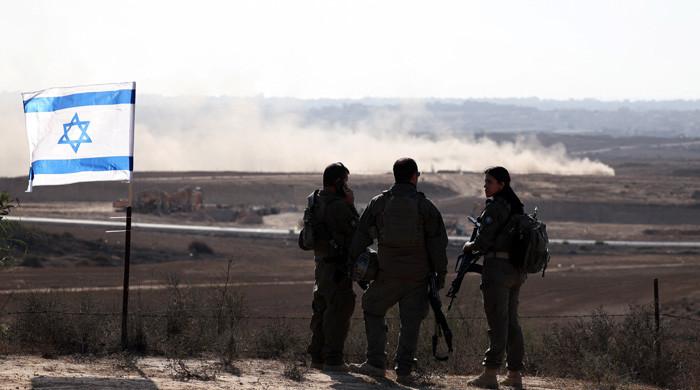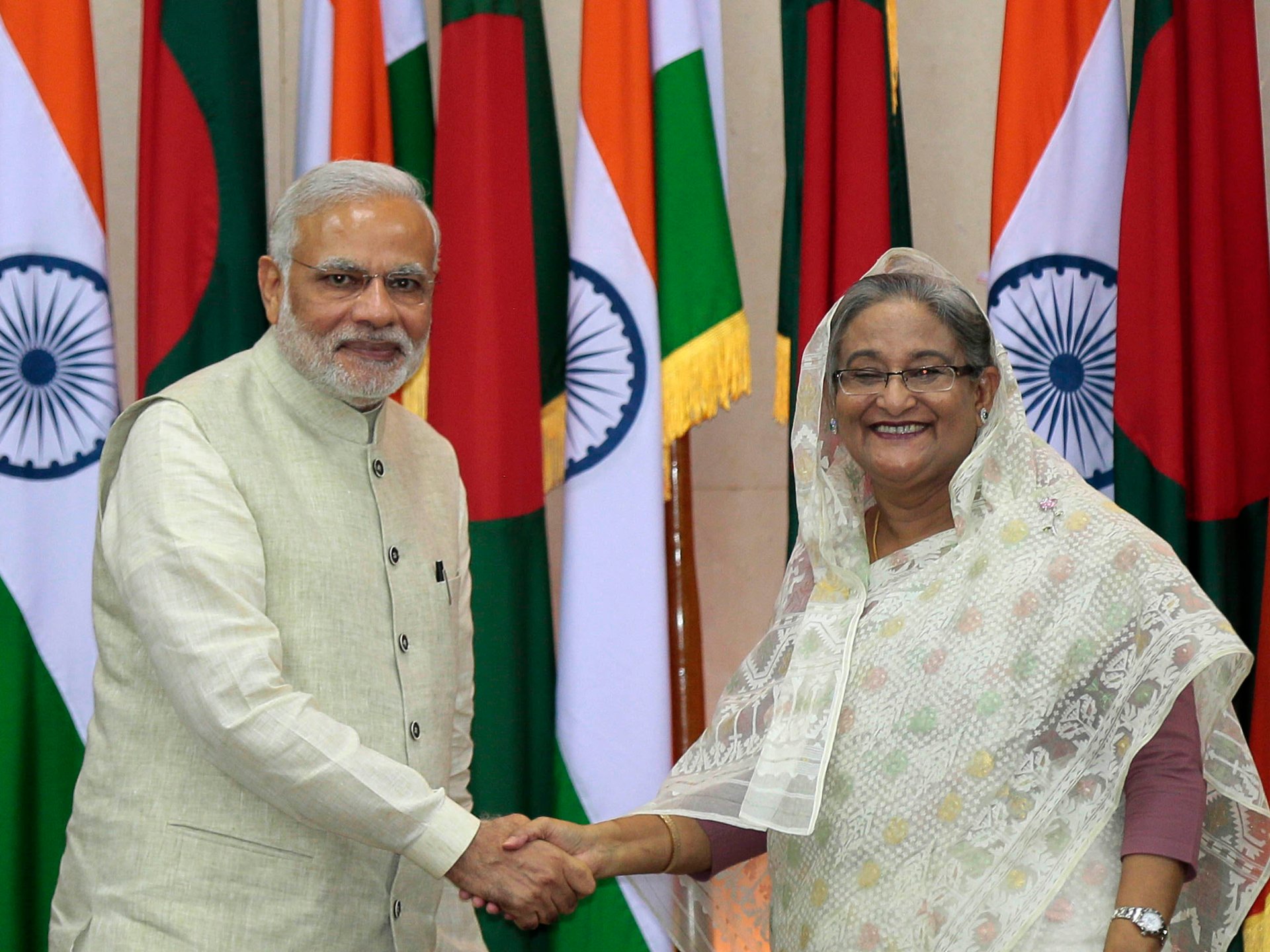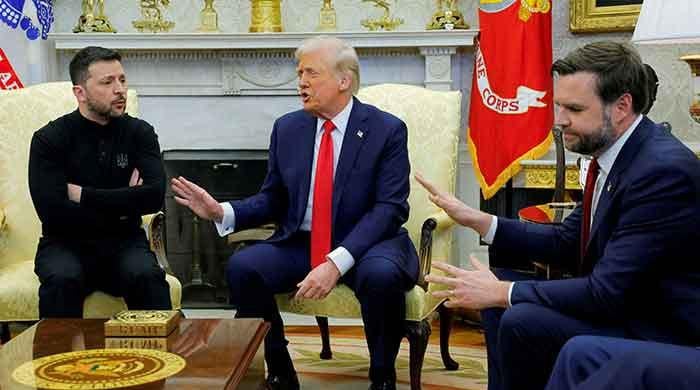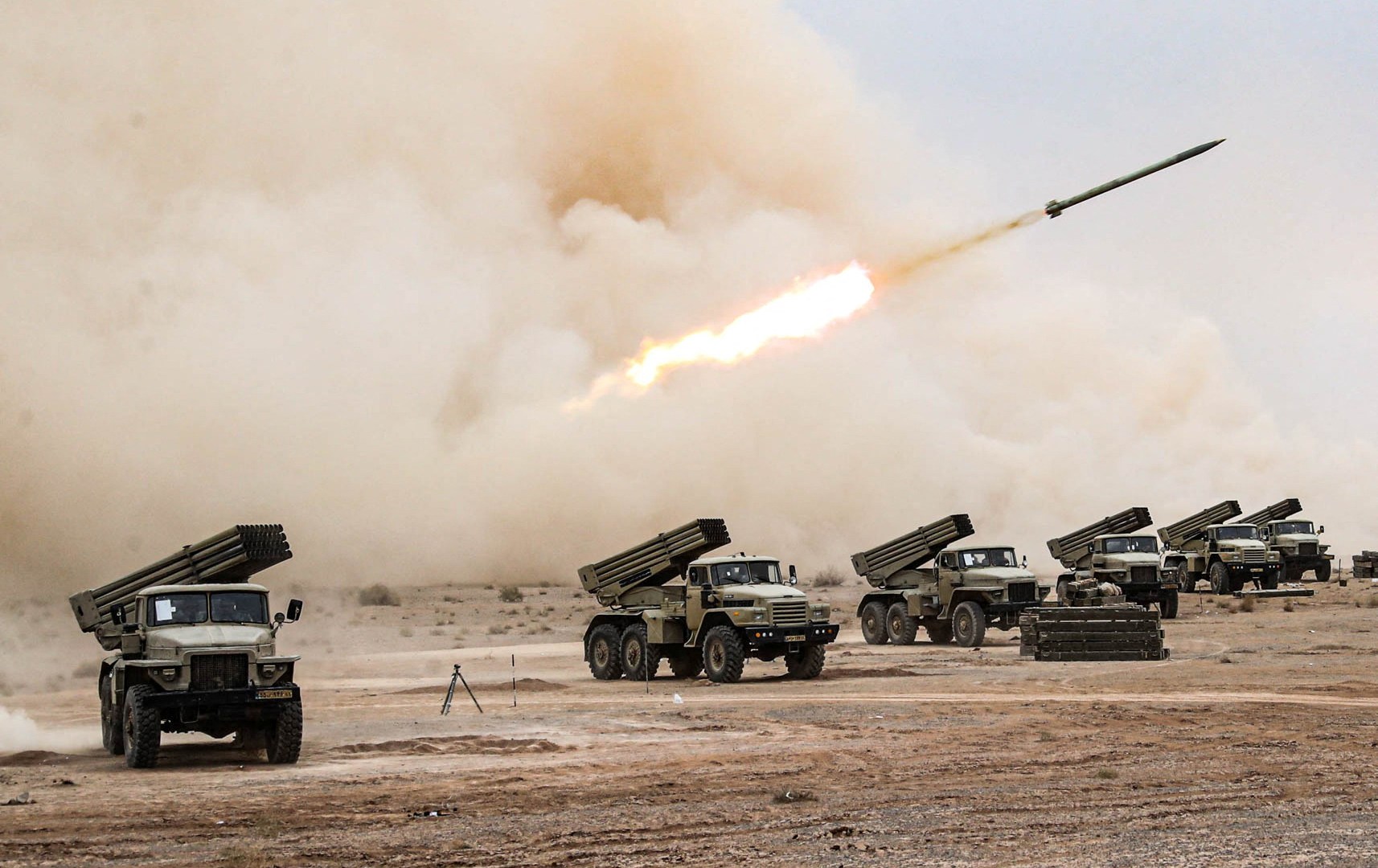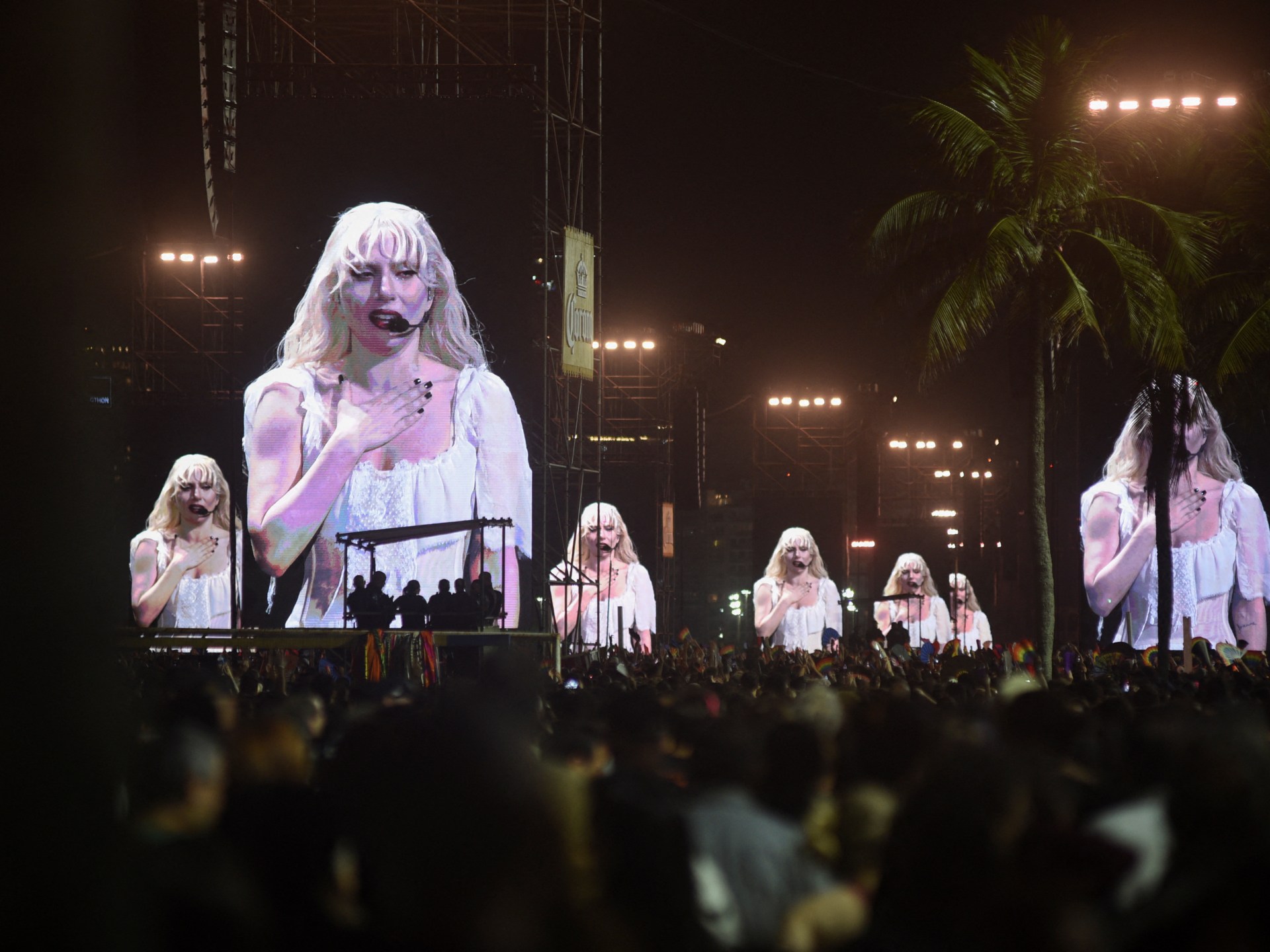The Iranian president was traveling by helicopter in East Azerbaijan province when he fell in a forested area.
Iran's President Ebrahim Raisi died after a helicopter carrying him and other officials crashed in a mountainous, forested area of the country due to bad weather.
The 63-year-old, a figure who represents conservative and hardline factions in Iranian politics, was president for nearly three years and appeared poised to run for re-election next year.
Raisi, a former chief justice, was touted as a possible successor to Ayatollah Ali Khamenei, Iran's 85-year-old supreme leader.
Raisi was born in Mashhad, northeastern Iran, a religious center for Shiite Muslims. He received religious education and trained at the Qom seminary, where he studied under prominent scholars, including Khamenei.
Also like the supreme leader, he wore a black turban, signifying that he was a sayyid, a descendant of the Prophet Muhammad, a status of particular importance among the twelve Shia Muslims.
Raisi accumulated experience as a prosecutor in multiple jurisdictions before arriving in Tehran in 1985. It was in the capital where, according to human rights organizations, he was part of a committee of judges that oversaw the executions of political prisoners.
The late president was a long-time member of the Assembly of Experts, the body tasked with electing a replacement for the supreme leader in the event of his death.
He became attorney general for two years in 2014, when Khamenei appointed him to lead Astan Quds Razavi. The colossal bonyad, or charitable foundation, has billions of dollars in assets and is the custodian of the shrine of Imam Reza, the eighth Shiite imam.
Raisi initially ran for president in 2017, unsuccessfully challenging the re-election of former president Hassan Rouhani, who represented the centrist and moderate camps.
After a brief hiatus, Raisi made headlines as the new head of Iran's judicial system, having been appointed by Khamenei in 2019. He presented himself as a defender of justice and a fighter against corruption, and made many provincial trips to gain popular support. .
Raisi assumed the presidency in 2021 amid low voter turnout and widespread disqualification of reformist and moderate candidates, and appeared to have secured a firm foundation for re-election.
Like other senior Iranian officials, his harshest rhetoric was reserved for Israel and the United States, followed by their Western allies.
Raisi has given numerous speeches since the start of the war in Gaza in October to condemn the “genocide” and “massacres” committed by Israel against the Palestinians, and called on the international community to intervene.
He vowed revenge against Israel after it demolished the Tehran consulate building in Syria and killed seven members of the Islamic Revolutionary Guard Corps (IRGC), including two generals.
And he welcomed Iran's response, which was to launch hundreds of drones and missiles at Israel, most of which were shot down by a coalition of Israeli allies, but left Iran claiming overall success.
Raisi was hawkish about Iran's 2015 nuclear deal with world powers, or the Joint Comprehensive Plan of Action (JCPOA), which has been in limbo after former US President Donald Trump unilaterally withdrew from it in 2018.
He was an advocate of the strategic policy of “resistance” and “resilience” that Khamenei adopted in the face of the toughest sanctions Iran has ever faced, imposed after the failure of the nuclear deal.
A close ally of the IRGC, the late president was also a strong supporter of the “resistance axis” of political and armed groups that Iran supports across the region, including Iraq, Syria, Lebanon and Yemen.
And it was a strong endorsement of Syrian President Bashar al-Assad, whom Iran has supported in his government's war against the Syrian opposition, which has left hundreds of thousands dead.

